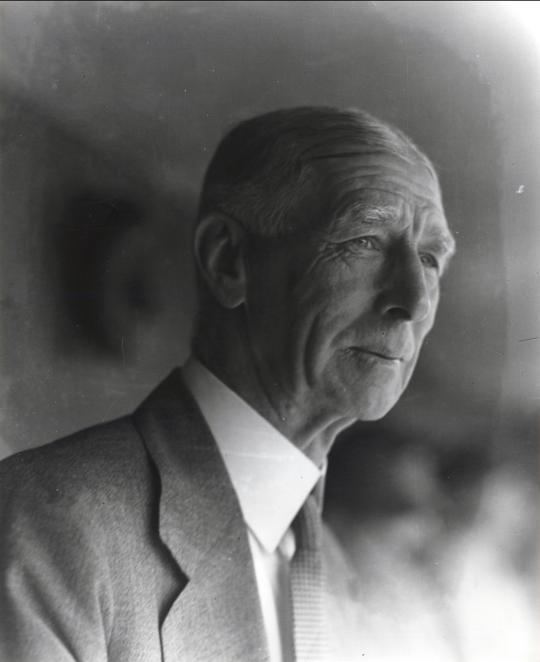- Home
- Our Stories
- Mack breaks up second A's dynasty, trades Cochrane
Mack breaks up second A's dynasty, trades Cochrane
Connie Mack had been down this road before.
The Tall Tactician built his Philadelphia Athletics into a powerhouse in the first decade of the 20th century only to sell off his stars in the face of economic distress after the 1914 season. Then, over the next 15 years, Mack rebuilt the A's around future Hall of Famers like Lefty Grove, Jimmie Foxx, Al Simmons and Mickey Cochrane.
But after three American League pennants and two World Series titles from 1929-31 – and with the onset of the Great Depression – Mack returned to selling mode. On Dec. 12, 1933, Mack began the true dismantling of his second dynasty by selling Cochrane to the Detroit Tigers in exchange for $100,000 and catcher Johnny Pasek.
Mack had already sold Simmons to the Chicago White Sox after the 1932 season, but kept the majority of his roster intact for 1933. A third-place finish that year, however, convinced Mack that it was again time to sell.
The same day Mack sold Cochrane to the Tigers, the Tall Tactician shipped Grove, Max Bishop and Rube Walberg to the Boston Red Sox for $125,000 and then sent George Earnshaw to the White Sox.
The results were predictable: The A's finished under .500 for the first time in 10 seasons in 1934 and in 1935 began a stretch of 10 seasons out of 12 in which they finished with a winning percentage under .400. Mack finally got his team back over the .500 mark from 1947 through '49, but was unable to win the pennant.
The winningest manager in big league history retired after the 1950 season with a record of 3,731-3,948. He was elected to the Hall of Fame in 1937 as part of the second class inducted in Cooperstown.
Cochrane won the AL Most Valuable Player Award in 1934 after leading the Tigers to the AL pennant as both their catcher and manager. In 1935, Cochrane skippered Detroit to a World Series championship.
With the onset of the Great Depression, Connie Mack began dismantling his championship Philadelphia Athletics teams in the early 1930s. Mack, who was elected to the Hall of Fame in 1937, won a record 3,731 games as a manager. (Forrest Yantis/National Baseball Hall of Fame and Museum)
Share this image:
His career ended prematurely after the 1937 season due to a beaning he suffered that year. He finished his 13-year playing career with a .320 batting average, a .419 on-base percentage and three World Series rings.
Cochrane was inducted into the Hall of Fame in 1947.
Craig Muder is director of communications for the National Baseball Hall of Fame and Museum
RELATED STORIES
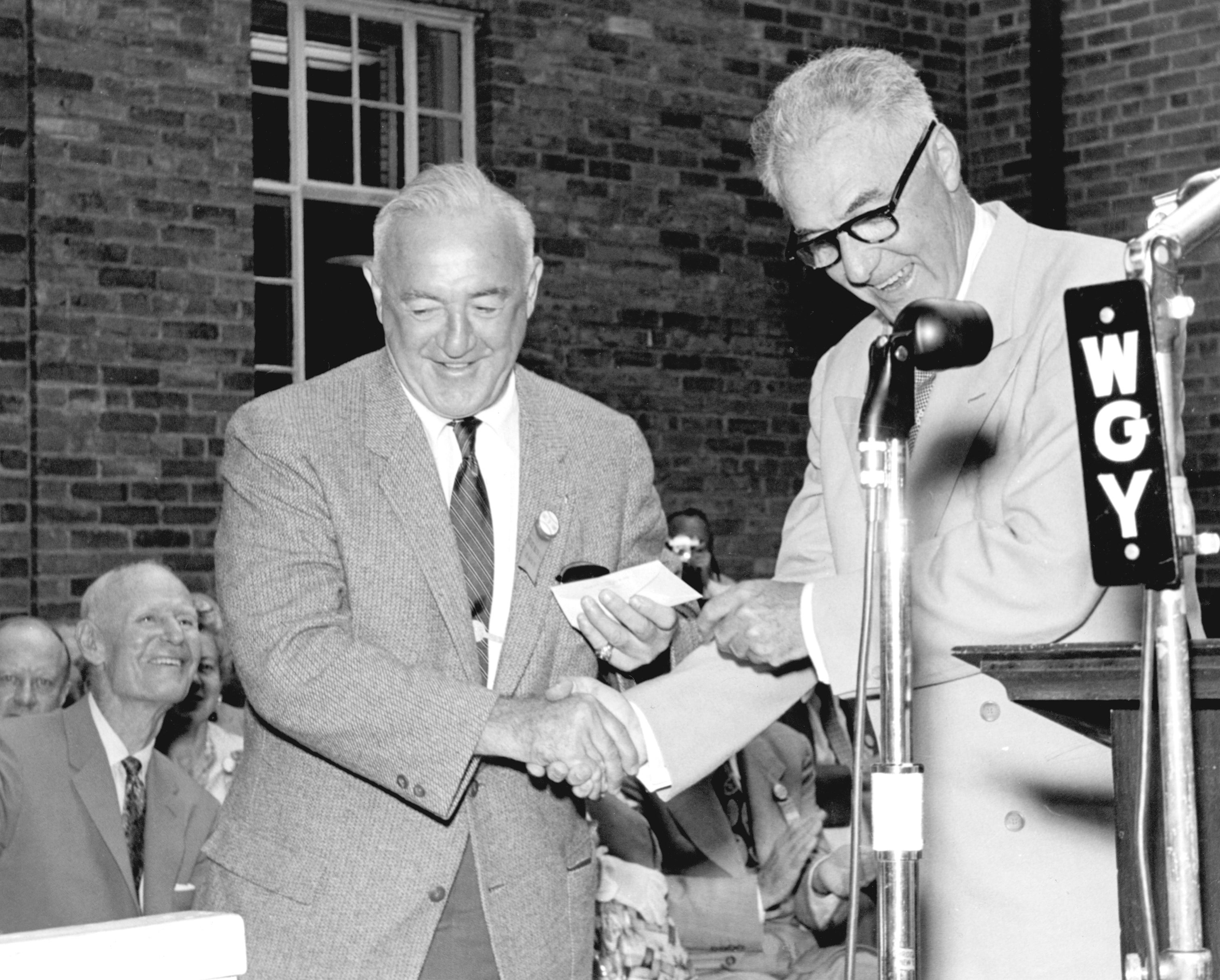
Cochrane, Frisch, Grove and Hubbell elected to the Hall of Fame
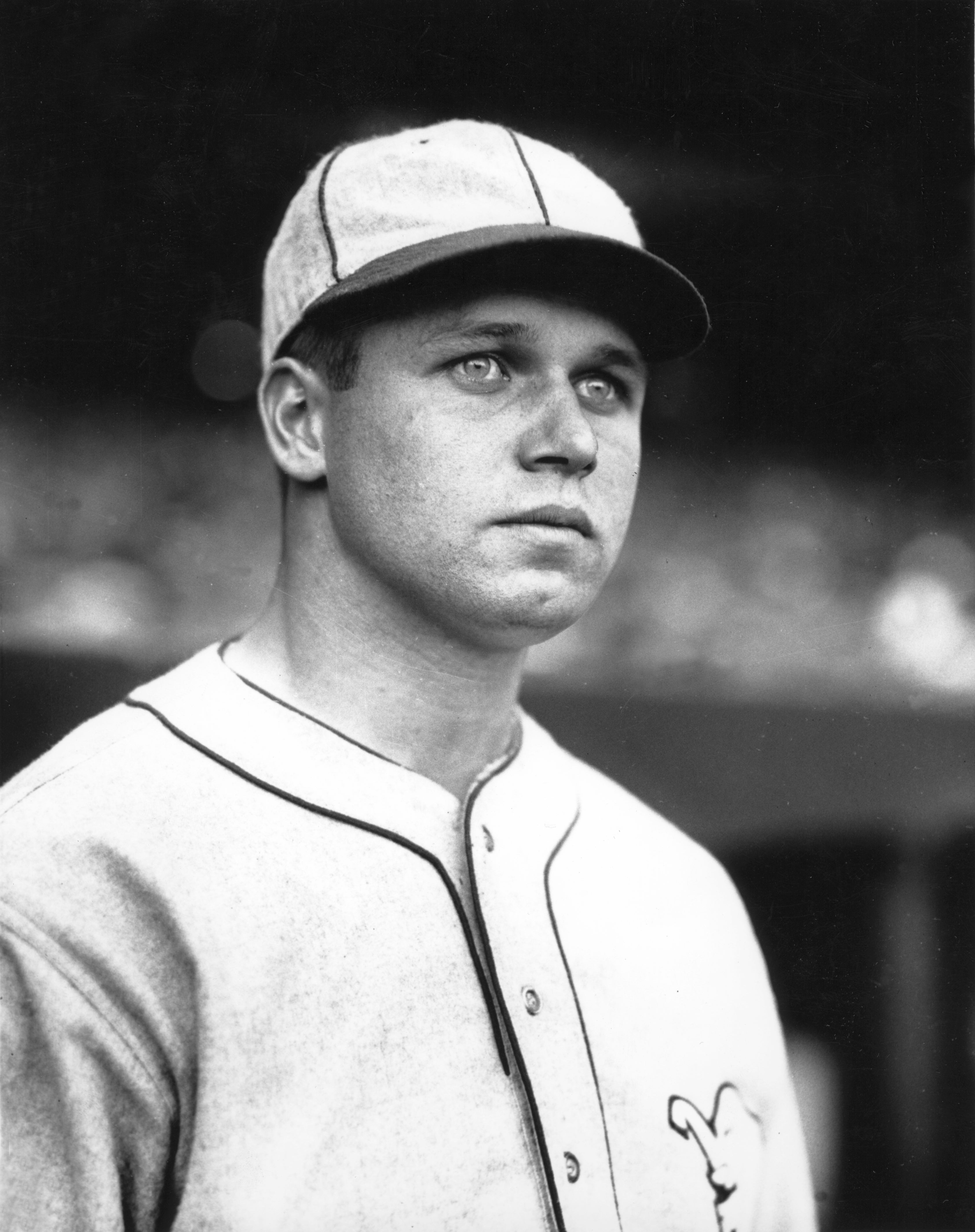
Philadelphia A’s trade Jimmie Foxx to the Boston Red Sox
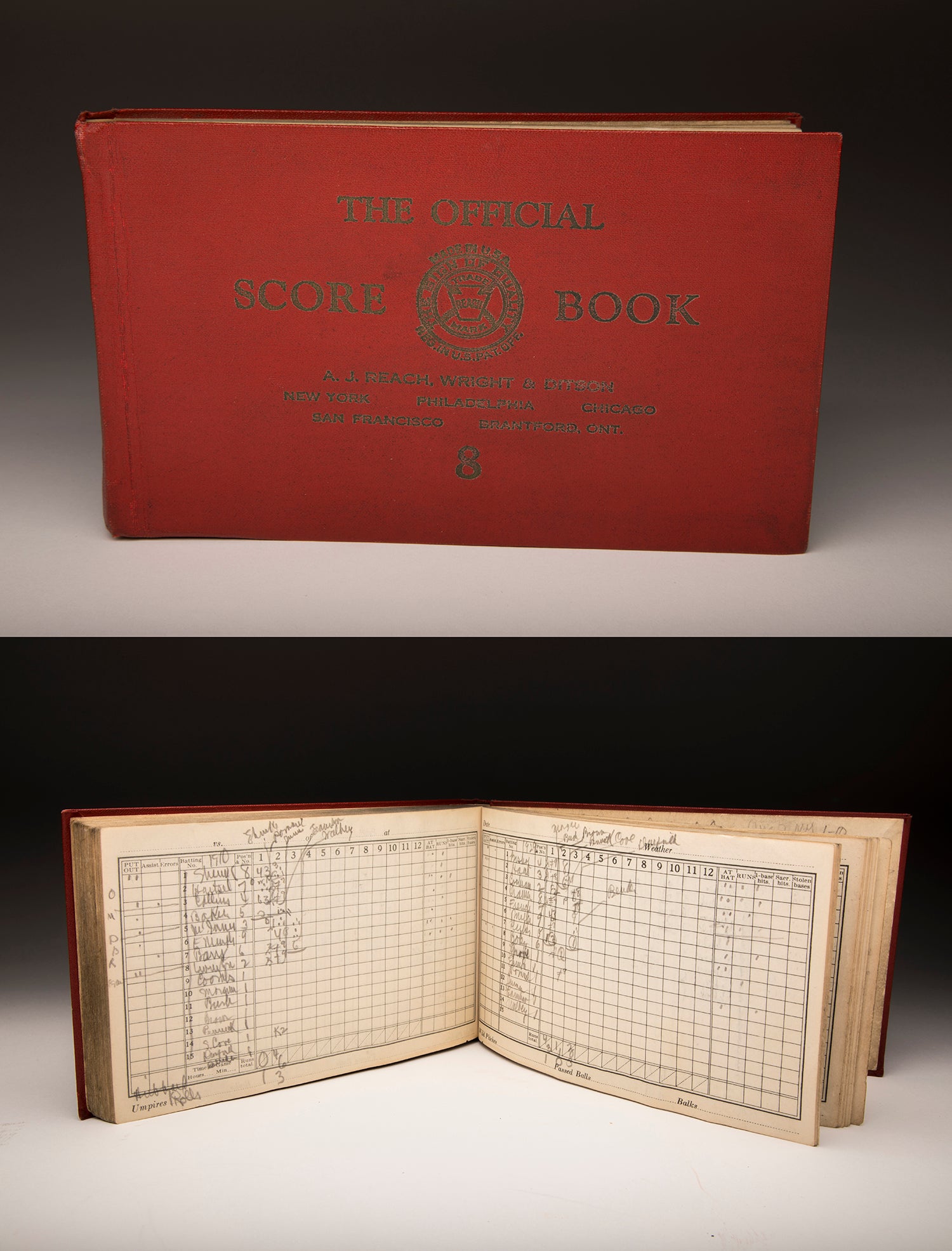
Philadelphia A’s old-timers game in 1939 brought together two generations of legends
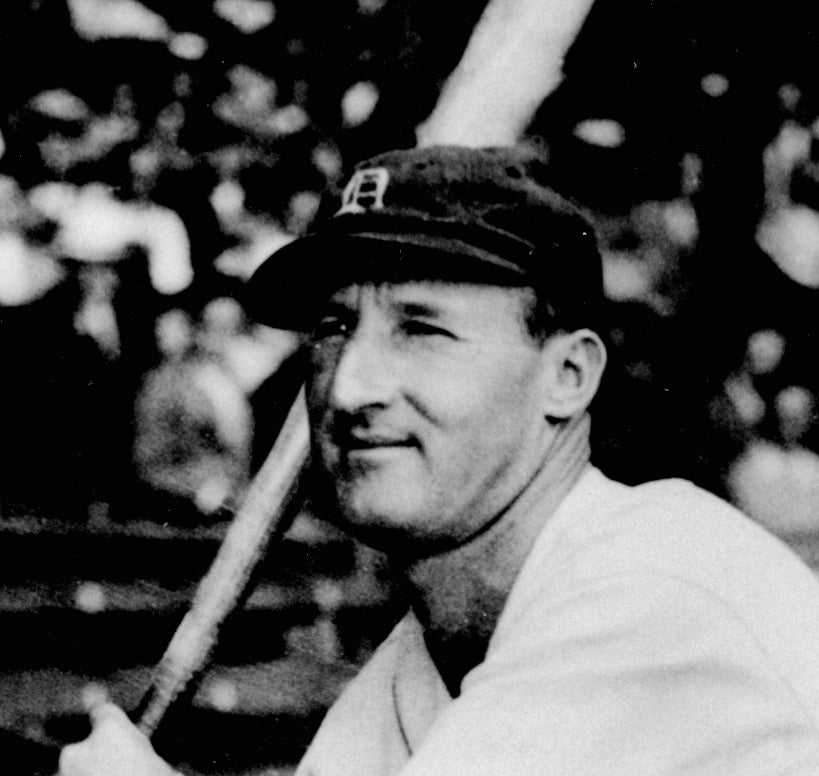
Goslin’s walk-off clinches Tigers’ first title
RELATED STORIES

Cochrane, Frisch, Grove and Hubbell elected to the Hall of Fame

Philadelphia A’s trade Jimmie Foxx to the Boston Red Sox

Philadelphia A’s old-timers game in 1939 brought together two generations of legends


